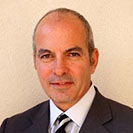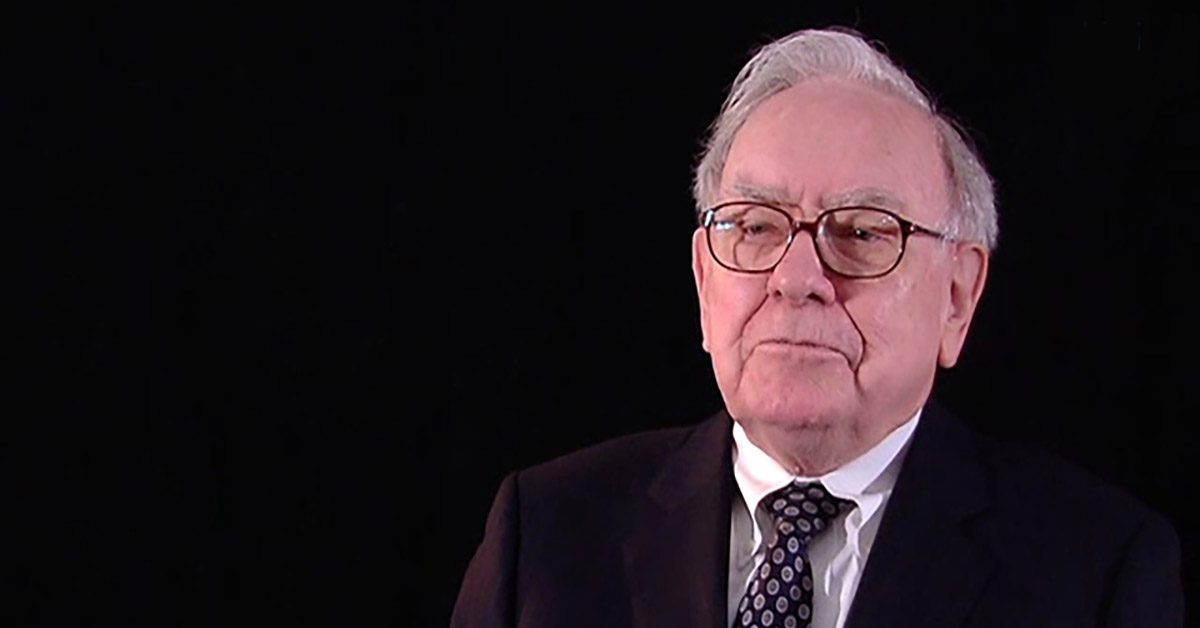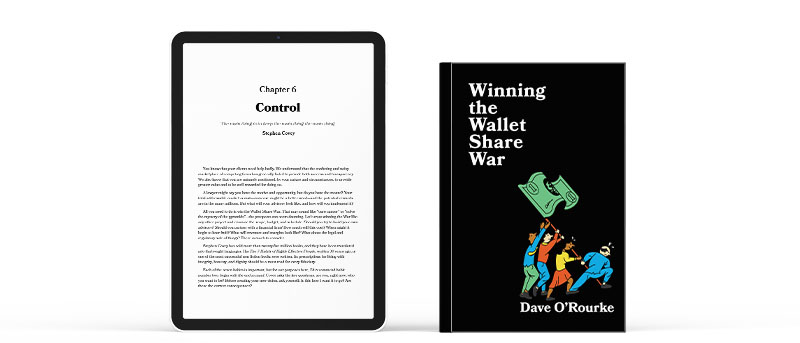No rational person would design a national income tax system the way we do it here in the U.S. It’s brutal for everyone, and that brutality is a feature, not a bug. It consumes about six and one-half billion hours of time, more than the amount of time spent building automobiles, and it cost about $44 billion in 2022.
Congress has had 110 years, since the passing of the 16th Amendment, to streamline the U.S. Tax Code, yet it continues to become more and more complex. No serious reform efforts have been made in decades, and none are in sight. Former House Speaker Paul Ryan said, “We have the worst tax code in the industrialized world, bar none.”
Americans love to complain about the tax code. In the 1996 election, H. Ross Perot ran as a third-party candidate under the banner of the Reform Party, and a major plank of his candidacy was abolishing the IRS tax code. Perot has faded into the mists of history, but he made an outsized impact. His 18.9% share of the popular vote was widely believed to have come largely at the cost of George H.W. Bush, who lost to Bill Clinton by 5.5%. Who can say what the course of American history might have been had Clinton lost?
It’s pretty clear that all kinds of people and institutions benefit from the code’s complexity. This includes CPAs and EAs, of course, although the April and October deadlines may not feel terribly beneficial to them as they put in twelve-hour work days, seven days a week.
Artificial intelligence and robotic process automation (RPA) hold the promise to be the change agent. Many believe that these new technologies will come with a dark side for the accounting profession, commodifying the tax preparation and compliance industries, putting pressure on margins and changing the service delivery model. But we’ve seen threats to the accounting industry before. Instead of seeing artificial intelligence as a threat, the modern tax pro should see it as a radical, even historic, productivity tool in their practice.
Although the speculation about artificial intelligence has reached near hysteria, it seems that the threat to accountants won’t materialize any time soon. ChatGPT’s relative success with language arts has pundits leaping to apparently false conclusions about its math reasoning capabilities. A massive study conducted at Brigham Young University found that students taking accounting exams outperformed ChatGPT by a wide margin, 76.7% to 47.4%.
Whatever impact RPA will have on the accounting profession is unknown, but there are other tectonic shifts taking place. For one, Big Tax has ramped up its marketing efforts with hundreds of millions in advertising spending, including offers of free tax filing support. With or without artificial intelligence, the tax preparation industry is in a race to the bottom. Accounting, bookkeeping, and payroll services are all seeing prices and margins shrink as tools improve.
It’s our view that the market for tax preparation services will stratify. Workers that don’t itemize their taxes are likely to seek the lowest possible cost tax preparation services, while those who do itemize are likely to seek the services of a professional who will add value by proposing structural changes to things like retirement accounts, insurance vehicles, and trust instruments that can have a big impact on their tax bill.
Many CPAs are frustrated by bankers, brokers, and insurance salespeople who second-guess, dilute or ignore sound tax avoidance strategies that get in the way of their quotas for new business. CPAs and EAs would be wise to consider taking a more active role in their clients’ financial lives. It could be game-changing for them, and life-changing for their clients.
The Timing for CPAs to Expand Their Service Offerings Has Never Been Better
Both demand and supply factors favor the entrepreneurial tax professional seeking to expand the scope of their client services.
This year’s Quantitative Analysis of Investor Behavior, published by the consulting firm DALBAR, found that the average equity fund Investor lost over one-fifth of their account balance during 2022. Last year the S&P 500 was off 18.11%, but equity investors lost 21.17%. This 3% gap is nothing new. For the 30 years from 1987 through 2016, the average equity fund investor in the U.S. underperformed the S&P 500 by 7.6% per year.
A tax pro with a clientele of any meaningful size is almost certain to have clients who suffered this type of underperformance and would benefit from better guidance.
There is a cohort of American families who don’t suffer from the type of decision-making that causes so much pain for average investors, and they have a near-100% overlap with tax professionals—the billionaire class. The wealthiest families employ family offices, and family offices employ tax pros.
The tax pro who can democratize the family office approach and experience would enjoy a Goldilocks-type of benefit: much higher wallet share, much happier clients, and no risk to their standing as the most trusted financial professional.
Market research firm Cerulli Associates tracks the financial advisory industry. In their report from June of 2022, they found “within the next 10 years, 37% of financial advisors, collectively controlling $10.4 trillion, or 40% of total industry assets, are expected to retire.”
The American tax pro has the opportunity of their lifetime. A market of millions of dissatisfied consumers is joining streams with a massive wave of retirements from the advisory community, involving trillions of dollars of assets. The timing is fantastic, but the barriers of knowledge, infrastructure, and marketing present substantial hurdles.
Enter the Turnkey Multi-Family Office Charter
A new type of firm has emerged to support the transition of tax professionals into Family Office Director. It offers a comprehensive middle and back office solution on a subscription basis, and it provides everything a tax pro needs to morph their tax preparation and compliance business into a fully functioning multi-family office.
This new business type is known as a Turnkey Multi-Family Office Charter. It offers personalized coaching and mentoring, along with subject matter experts across the financial spectrum from estate and retirement planning to risk management to portfolio design and servicing. The most effective of these firms will also provide agency-level marketing services designed to educate and communicate with clients, and embed sophisticated business processes into those programs.
Establishing a new multi-family office is a complex, time-consuming, and expensive process that can take years and cost millions of dollars. With a turnkey charter firm as a partner, a tax pro can offer family office-like services in as little as six weeks, for a very small cash outlay, with the promise of career-changing productivity gains.
The benefits to the tax pros who seize this historic opportunity are significant. Not only can they benefit from diverse, monthly, new streams of revenues, but they can also expect that their business valuation will multiply as they add organically growing assets under management to their practice.
Win-win opportunities don’t come along very often, but one is on offer now, today. To learn more about our Turnkey Multi-Family Office Charter, go here to watch a short presentation or go here to schedule a call.















